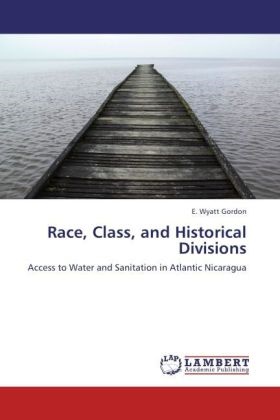Read more
Afro-descendant communities in Central America have recently made important legal strides by enshrining their right to equal treatment under the law and in some cases their ability to claim a distinct group status in national constitutions. The United Nations recently issued a draft resolution declaring that access to water and sanitation is a universal right, furthering the tools available to marginalized afro-descendant peoples in their battles against poverty and underdevelopment. Unfortunately, implementation of these measures has been slow in some areas and non-existent in others. Though there have been some advances, the situation for Afro-descendant communities remains largely unchanged and the availability of the basic requirements of life for Afro-descendant populations remains among the lowest in the region. Increased attention to the political, social, and especially the material situation of Afro-descendant communities is needed in political circles, as well as in the academic community.
About the author
E. Wyatt Gordon is a graduate of the University of Texas at Austin where he received a Masters of Public Affairs (MPAff) degree and a Masters of Arts (MA) in Latin American Studies. Gordon¿s research focuses on the sustainable development of marginalized communities and their ability to attain adequate resources.

